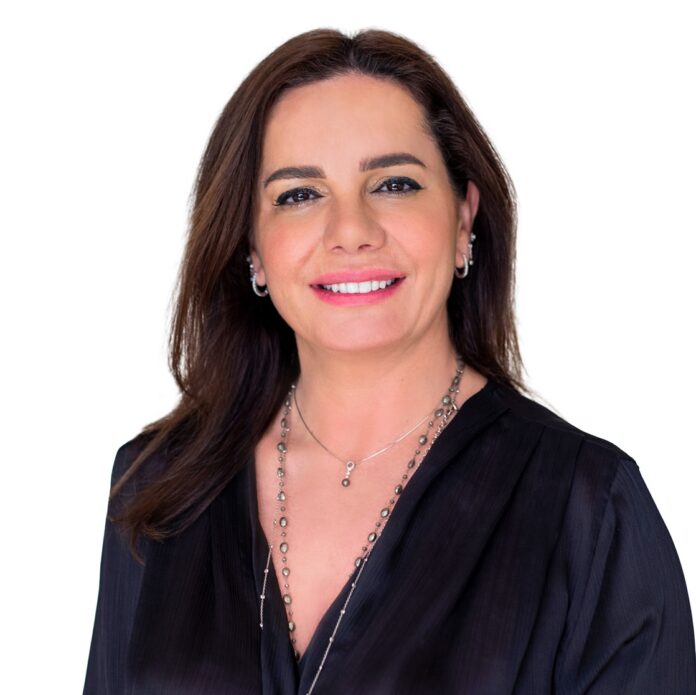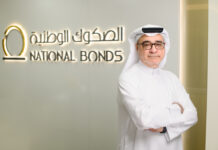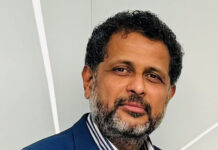How has Islamic Asset Management traditionally fared in the region when up against conventional products?
Traditionally, the Islamic Asset Management (IAM) area has always grown better than traditional assets (13% versus 11% over 5 years ending 2021). But the issue is that IAM’s are very small compared to the traditional assets. The funds are very small, the range is small and extremely few providers are offering a range of products. Marketing of IAM products is also very basic, do not appeal to the complex segmentation of the regional market and are challenging to subscribe to. Whether we are speaking about the retail customer, professional client, family office client, managed client or institutional client, IAM products struggle to even get on the list even if there is an appetite or allocation for IAM products. Consequently, in the heartland of Islam and in the wider middle east, it is unfortunate that IAM products aren’t more wide-spread, and the same issue occurs in other countries with a substantial Muslim population such as India, Indonesia, UK, Germany, etc.
Have Islamic funds AUMs been increasing in recent years, both regionally and globally?
Islamic Funds AUM have increased in recent years but while the appeal of global Islamic Finance is growing overall, structural issues place a brake on its’ potential and wider market appeal that could be loosened with progress toward standardisation. However, with positive forces in some core markets, Islamic finance assets are set to grow through 2024. Indeed, prior to this, in the decade up to the beginning of 2022, the global Islamic funds market grew by around 300%, with assets under management growing by nearly 14% in 2020, in spite this year being in the thick of the Covid-19 pandemic. Regarding Sukuk, issuance in the GCC was $9.75 billion in 2022 and grew to almost $30 billion the following year, 2023, with the first quarter of this year heading toward a figure of $15 billion.
The perceived and tangible alignment of Islamic Finance with current day concerns around ESG related matters may well broaden the appeal of this sector beyond Muslim nations and markets, and brings an opportunity for notable growth in Islamic Funds that could well play a visibly large part in their future uptake.
Another factor that has influenced the market is the post-pandemic and continuing acceleration of technology in the sector. With products and services more available via digital platforms, and the younger, more technologically familiar demographics of many core or traditionally Islamic markets, further growth in assets under management and usage of general Islamic Finance services seems set to increase.
Can it be assumed that a Sharia Fund has an automatic selling advantage in Islamic cultures?
There is no automatic advantage at all. Whilst there are several Sharia Funds available in Islamic Cultures and nations, they aren’t big enough or diverse enough to appeal to multiple segments. For example, the underlying and only assumption of Sharia Funds frequently is that they are Sharia based and therefore should be able to be sold. This is a very limited view; Sharia Funds are competing with every other type of fund out there and the entire asset management industry is further competing for investor dollars. So, assuming that it is a Sharia fund and therefore Muslims will automatically invest in them is not accurate. This is one of the reasons why the Sharia Fund market has not grown. Depending on the client segment and marketing, the level of automatic advantage can be judged. Retail customers are mostly swayed by this fact but as soon as the client sophistication grows, the sharia factor’s importance reduces and due to the small range/size of sharia funds, they progressively get qualified out. Hence institutional money is much less in Sharia Products. To take another example, Waqfs – Islamic charities or endowments are very rarely the source of liquidity or capital for Sharia Funds, this is a massive pool of capital which is rarely untapped. This is where there will be an automatic selling advantage for Sharia funds, but the entire ecosystem has to be developed and improved for Waqf’s to invest in Sharia products for philanthropic reasons.
With asset managers facing demands for sustainability or ESG related products, is Islamic Asset Management discovering an inherent advantage?
Attempts to align IAM with ESG have been long standing. On the face of it, both are ethical or sustainable investing and therefore should be quite easy to push. The amount of assets looking for ESG deployment is massive. The issue arises from the difficulty of mapping what ESG taxonomies, structures, regulatory requirements etc. need with the very nature of Sharia Funds. The lack of an industry standard, globally acceptable, regulatory based Sharia investment framework, lack of big investable opportunities and ticket sizes (European Pension and Institutional funds need liquid large funds to invest), lack of independent validation of investments such as ESG Due Diligence, lack of case law for ESG/Sharia Fund investments all create an issue. If IAM can improve these factors, very large institutional transfers will happen.
In terms of professional function or oversight, does the Islamic Asset Management market need further development?
All elements of this area can gain from improvements, such as fund marketing, fund investments, fund platform developments, product development, fund distribution all can benefit from professionalisation of those functions. Many of the recent technology developments should be considered – such as application of artificial intelligence to blockchain to tokenisation, etc. which can assist in improving the efficiency of these funds. Focusing on improving the entire distribution mechanism will go a long way to further increase the AUM of this sector.











